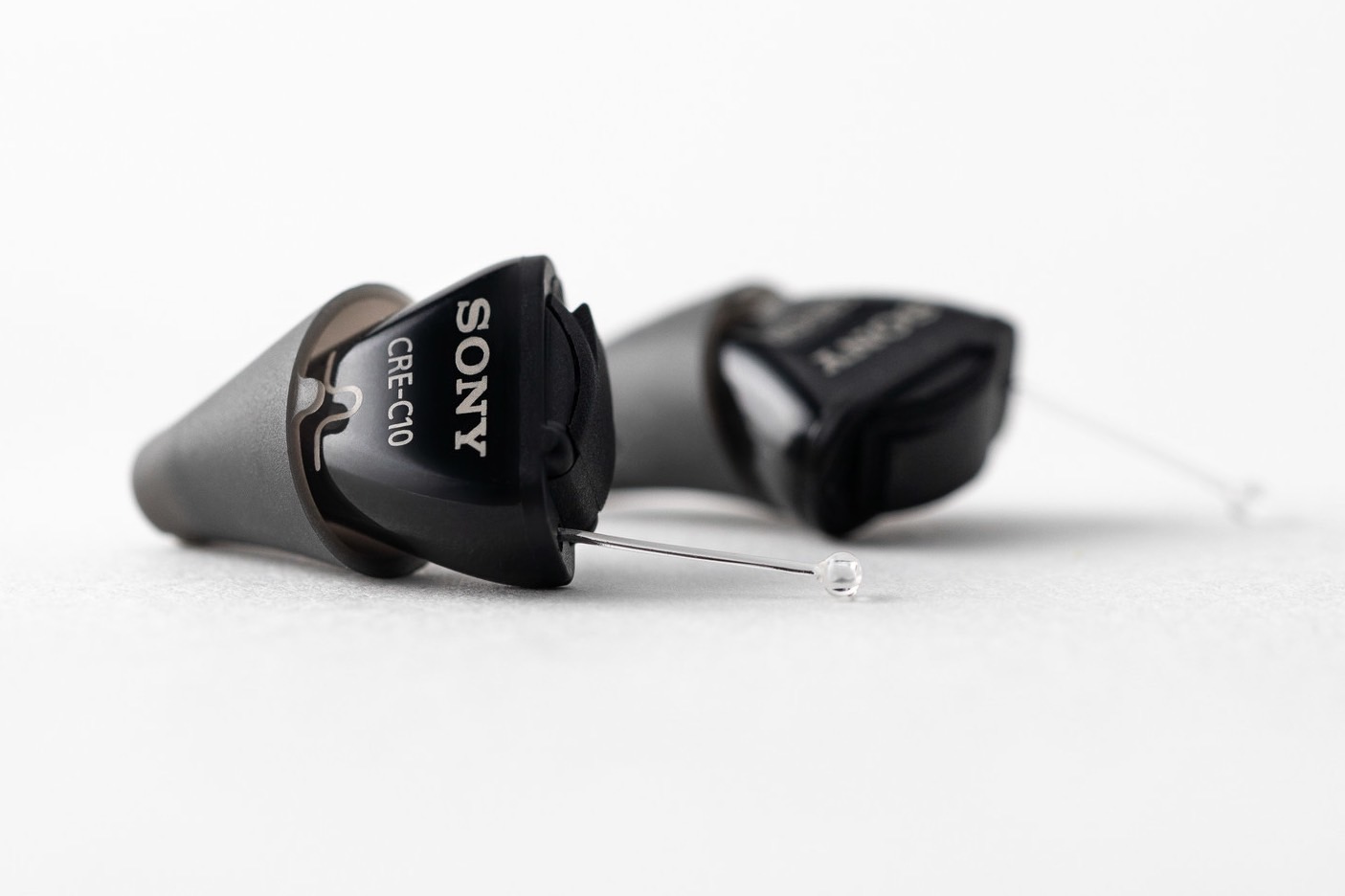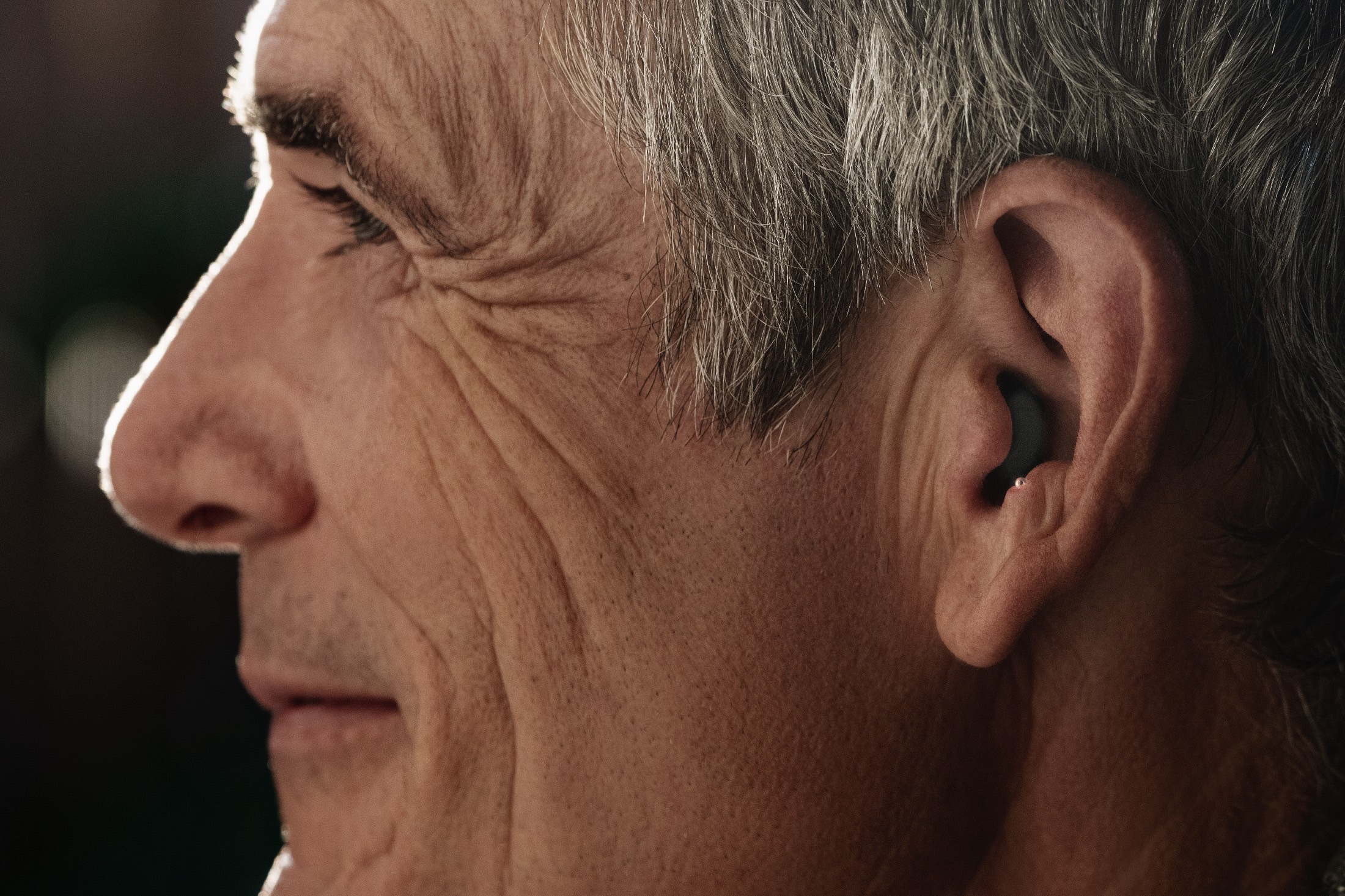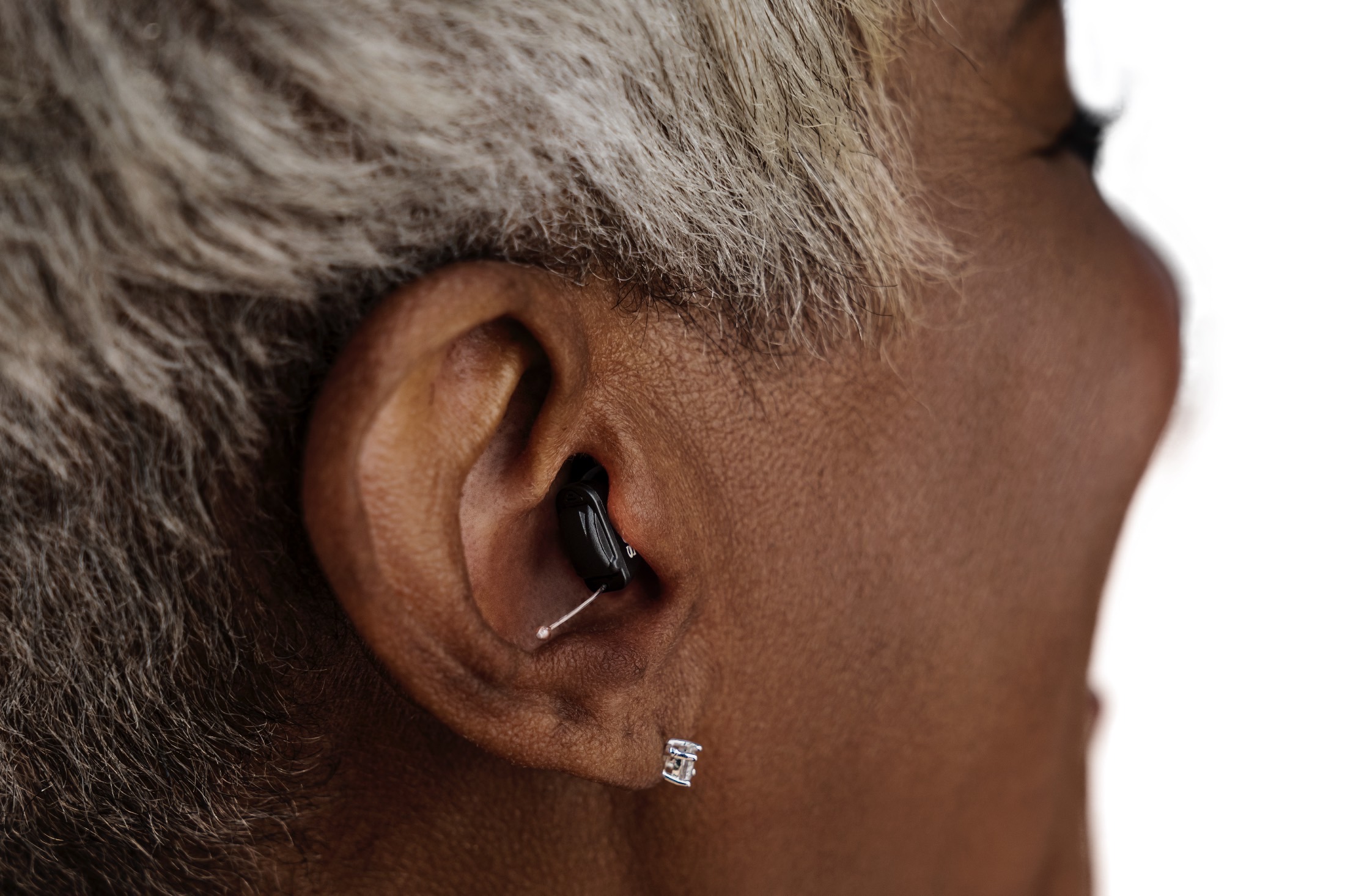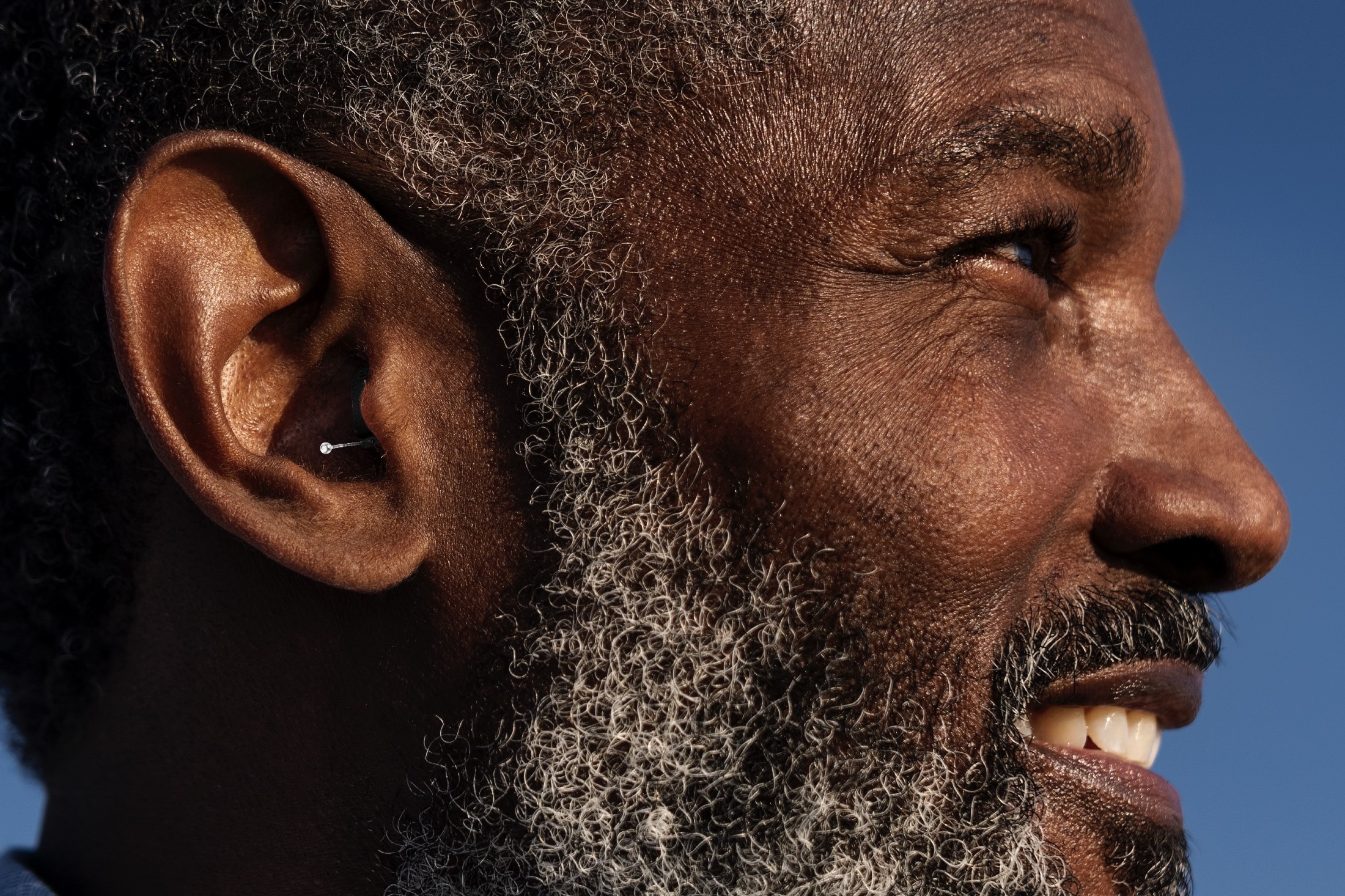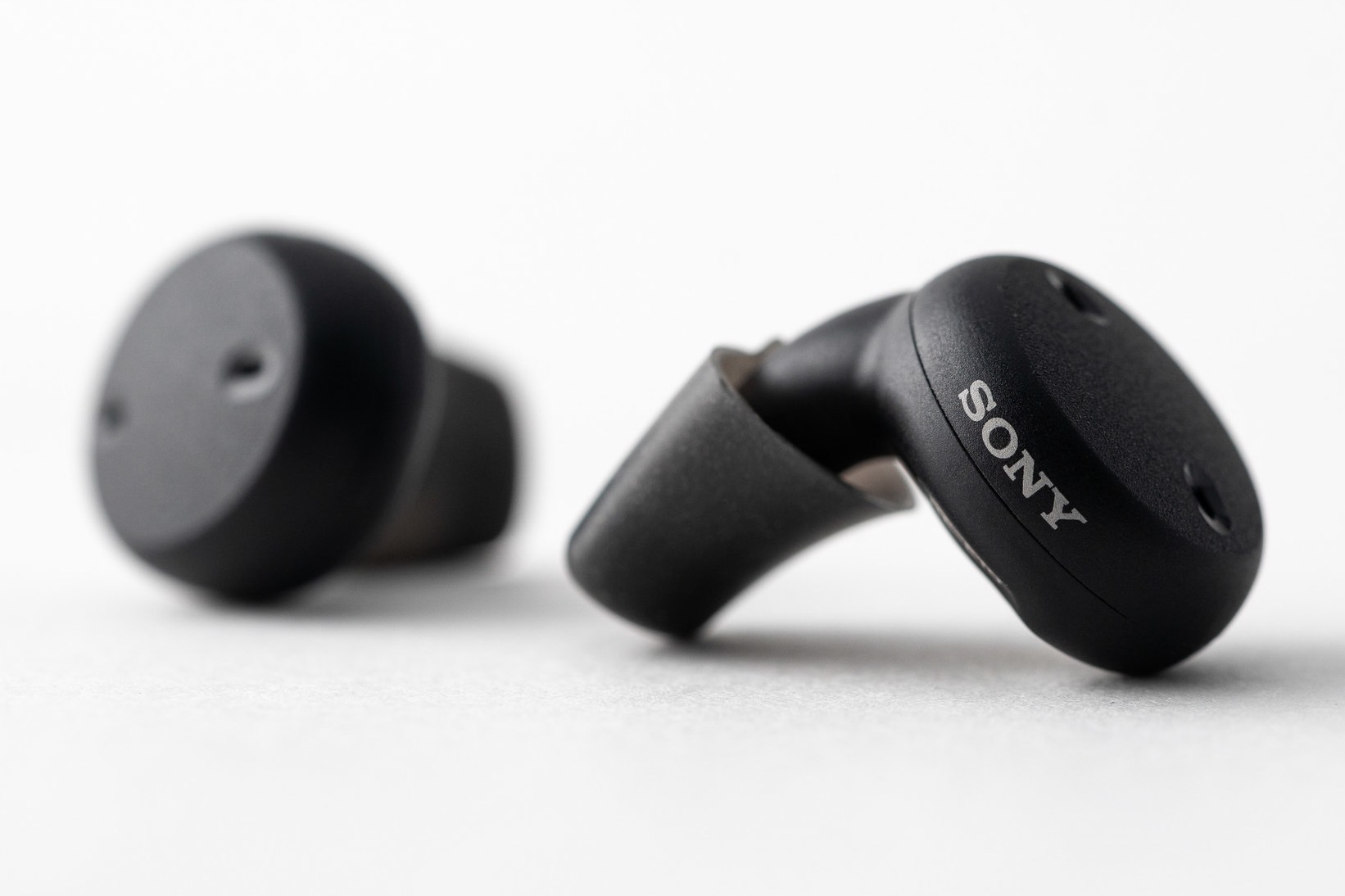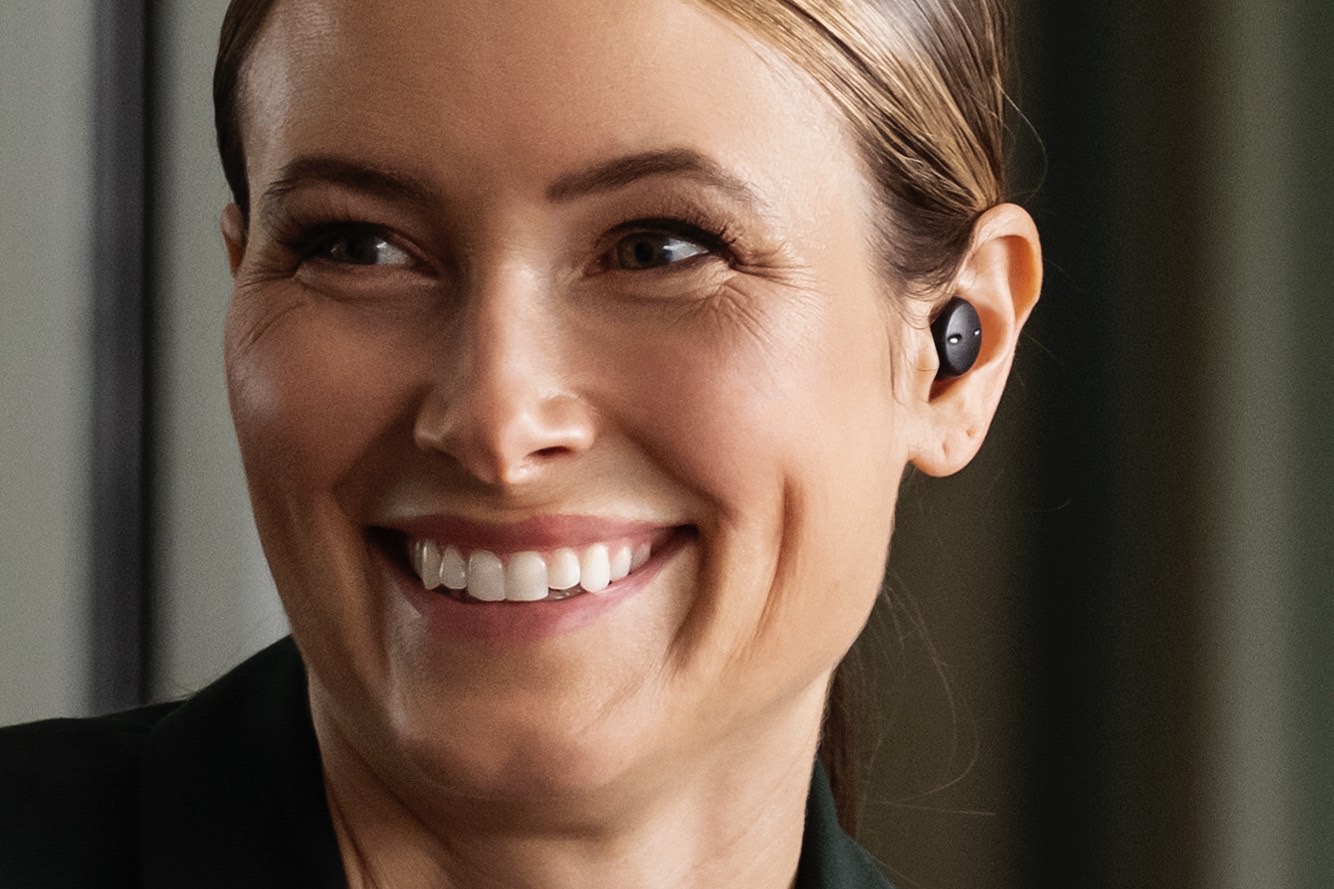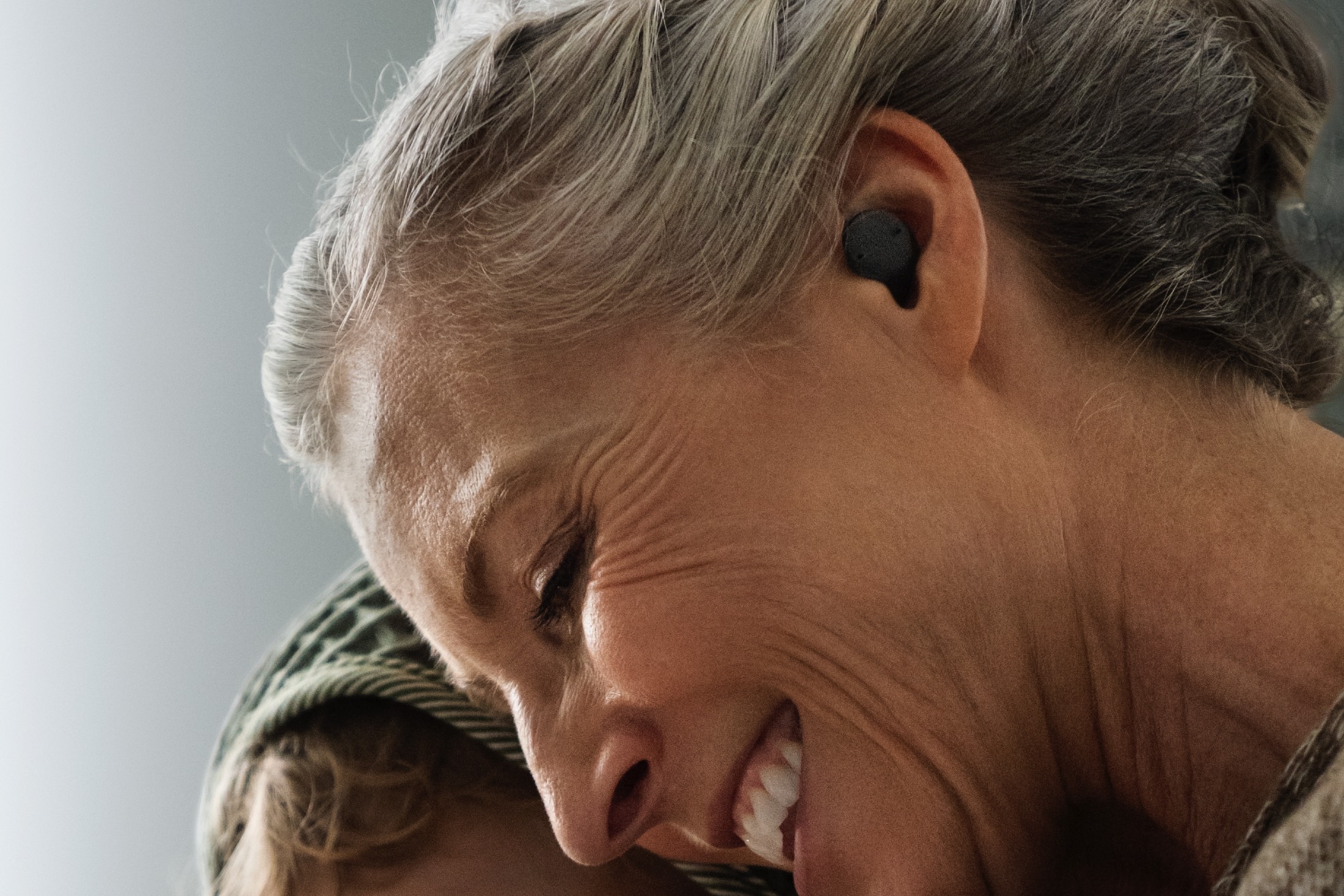Sony has launched its first-ever hearing aids as over-the-counter (OTC) products that can be purchased by anyone, with or without a visit to an audiologist. You can pick from two different models — the $1,000 CRE-C10, a traditional-looking hearing aid that is ultra-tiny and essentially invisible when worn, and the $1,300 CRE-E10, a model that looks a lot like a set of wireless earbuds, but smaller. The C10 will be available in October, while the E10 will be coming “this winter” according to Sony, but we don’t know if that means before or after January 1, 2023.

The hearing aids, which are intended for people who are showing signs of mild to moderate hearing loss, have been developed with W.S. Audiology (WSA), the company that produces the popular Widex line of hearing aids. Both models are described as self-fitting, which means you use the Sony Hearing Control app to adapt the devices to your specific speech and surroundings.
The key difference between the two models is that the C10 is a classic hearing aid, with “exceptional sound quality” that Sony claims can get 70 hours of use on a set of size 10 air hearing aid batteries, whereas the E10 can serve as a set of Bluetooth wireless earbuds, and uses rechargeable batteries for up to 26 hours of use.

Both models let you choose from a variety of eartips (or sleeves as Sony calls them), which should let most people get a comfortable and secure fit, and Sony says both models offer excellent noise reduction when worn. They do not, however, appear to offer any kind of active noise cancellation.
The earbud-style E10 will let you stream music from your phone, though only from iOS devices initially, and their case can recharge wirelessly. The E10 appears to be limited to just incoming audio, and can’t be used for phone calls without the use of your phone’s built-in mic.
Sony joins Bose and Jabra in the OTC hearing aid space — both of these companies have launched similar devices, though so far, only Sony has released both hearing aid and earbud-style products. It’s expected that we’ll soon see similar products from Sennheiser — the consumer division of the German audio giant is now owned by Sonova, another global supplier of hearing aids.
